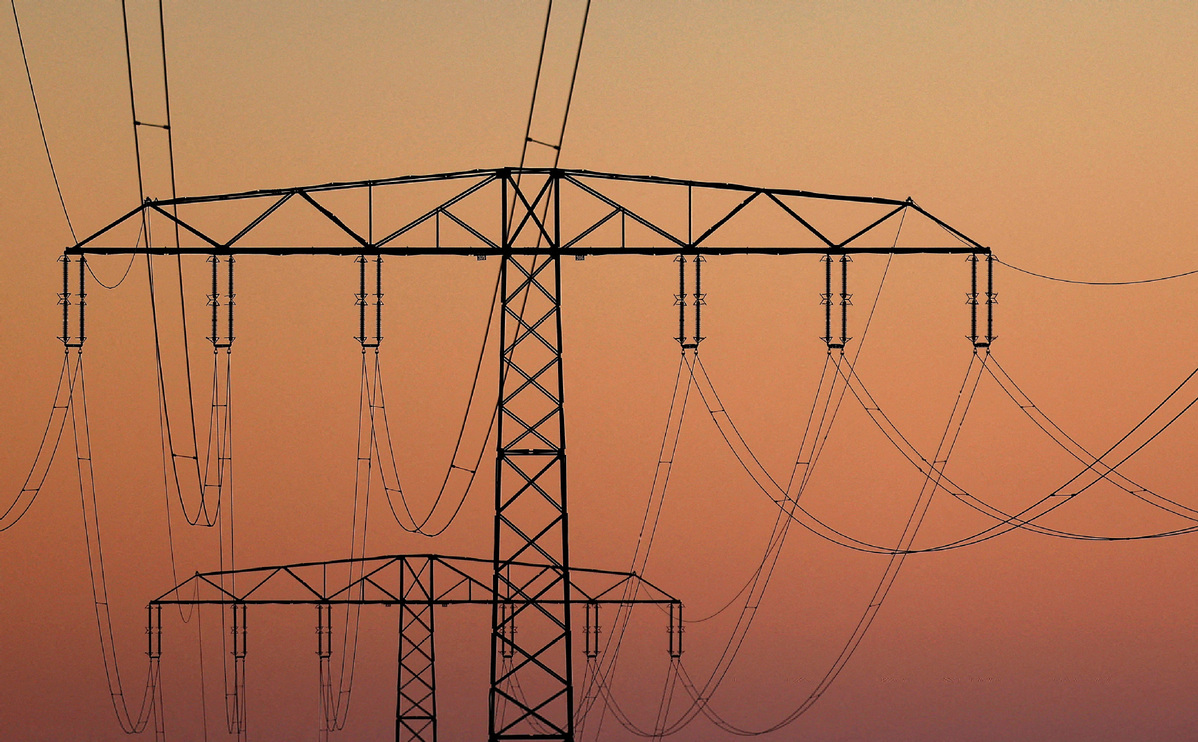Germany reduces use of fossil fuels


Germany has taken another step in its attempts to cut carbon emissions and reliance on fossil fuel energy sources by shutting down seven coal-fired power stations during the Easter weekend, power generator companies RWE and LEAG have said.
The outbreak of the Russia-Ukraine conflict two years ago and the subsequent impact on energy supplies from Russia posed a significant challenge to many countries trying to move to cleaner energy sources.
Germany faced a particular problem as, at the start of the conflict, it was importing 55 percent of its gas from Russia, a figure that was cut to around 25 percent within four months, but only by changing to Norway as an alternative supplier, rather than switching to cleaner options.
To help with supply issues, five coal-fired power stations were taken out of mothballs and two more were permitted to operate beyond their planned closure date.
Philipp Steinberg, head of the economic stabilization and energy security unit in Germany's Federal Ministry for Economic Affairs economy, said the change to Norwegian gas was only a sidestep that dealt with the immediate supply problem but did nothing to address emission reduction.
"Our dependence on Norway is too great," he wrote on social media platform X in November. "The crisis has taught us that we must diversify."
With winter, when there is a greater demand for heat and light, having passed, the government has moved away from fossil fuel energy sources.
"In view of the worsening climate crisis, the closure of coal-fired power plants is an important measure to reduce greenhouse gases," said Kathrin Henneberger, a Green Party member of Germany's parliament, the Bundestag.
She called the closures "a great success for climate justice" that is "happening in the knowledge of the historical and global responsibility for achieving our climate goals".
A study published in January by think tank Agora Energiewende found Germany had cut its greenhouse gas emissions by 80 million metric tons from 2022 to 2023, which was "largely attributable to a strong decrease in coal power generation".
In 2023, for the first time more than 50 percent of electricity generation was from renewable sources, and the share produced by coal fell from 34 percent to 26 percent.
The Guardian newspaper quoted Agora director Simon Muller as saying the record use of renewable energy kept Germany on target to reach its goal of 80 percent wind and solar electricity production by 2030, but he also warned industry needed a "barrage of investments" for effective modernization.
"If emissions are subsequently relocated abroad, then nothing has been achieved for the climate," he added.

































